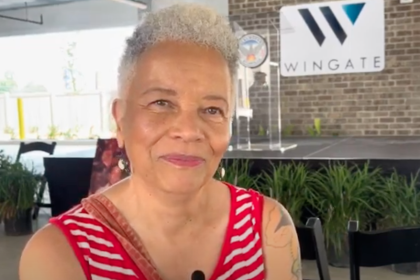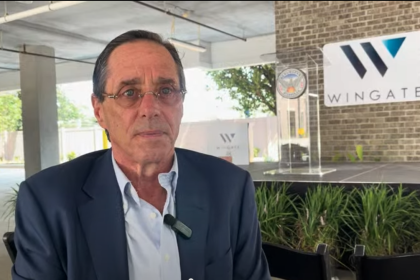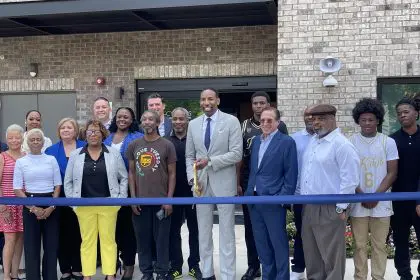For single mothers, the dream of owning a home often seems like an insurmountable challenge. Yet across the United States, government programs are helping these determined parents achieve stability and independence through homeownership. These initiatives provide crucial financial assistance and guidance, making the process more manageable for those with limited incomes.
The journey to homeownership presents unique challenges for single mothers managing both household responsibilities and financial obligations. Despite these hurdles, their determination to create stable home environments for their children drives them to seek innovative solutions through available government resources.
Single mothers face significant obstacles in their pursuit of homeownership:
- Managing household expenses and saving for a down payment on a single income creates financial strain, often making traditional mortgage qualification difficult
- Existing financial obligations, from student loans to childcare costs, can impact credit scores and lending opportunities
- The complex homebuying process can be overwhelming without proper guidance and support systems in place
- Limited time and resources for researching and understanding available assistance programs
- Balancing work responsibilities with the demands of the home-buying process
Key government initiatives reshaping possibilities
The Federal Housing Administration (FHA) loans have become instrumental in helping single mothers overcome financial barriers. These loans require only 3.5% down payment and offer flexible credit requirements, making homeownership more achievable for those with limited savings or less-than-perfect credit scores. The program’s mortgage insurance protection encourages lenders to approve applications from a broader range of applicants.
The Housing Choice Voucher Program, commonly known as Section 8, extends beyond rental assistance. The program enables low-income families to apply vouchers toward monthly mortgage payments while providing essential counseling services for budgeting and understanding the homebuying process. This comprehensive approach ensures participants are well-prepared for the responsibilities of homeownership.
For those considering properties in rural or suburban areas, USDA Rural Development Loans eliminate the need for down payments and offer subsidized interest rates. This program has proven particularly beneficial for single mothers seeking affordable housing options outside urban centers. The initiative’s focus on improving rural communities creates opportunities for families to thrive in more serene environments.
The Good Neighbor Next Door Program offers additional opportunities for single mothers employed in education, emergency response, or law enforcement. This initiative provides substantial discounts on properties in revitalization areas, allowing participants to purchase homes at up to 50% below market value while contributing to community development.
Creating a path to success
To effectively utilize these programs, single mothers should focus on several key steps:
- Review financial readiness by calculating monthly income, expenses, and credit scores
- Research program eligibility through local housing authorities and HUD resources
- Seek pre-approval from lenders experienced with government-backed loans
- Participate in educational workshops that provide crucial information about budgeting and the homebuying process
- Connect with local nonprofits that offer additional support and resources
- Gather necessary documentation, including income statements and proof of residence
- Work with housing counselors to understand program requirements and responsibilities
Building lasting impact
Homeownership represents more than just property acquisition for single mothers. It provides a foundation for financial security through equity building and creates stability for children within their communities. This investment often becomes a stepping stone for generating generational wealth and breaking cycles of housing insecurity.
The impact of homeownership extends beyond individual families to strengthen entire communities. When single mothers achieve homeownership, they:
- Build equity that can serve as a financial safety net for future needs
- Create stable environments that positively impact their children’s development
- Establish stronger connections within their neighborhoods
- Contribute to community growth and development
- Set foundations for long-term financial independence
Success stories across the country demonstrate the transformative power of these programs. Single mothers are consistently leveraging government assistance to overcome financial barriers and create stable environments for their families. Through the Housing Choice Voucher Program, many have transitioned from renting to owning, using their vouchers to offset monthly mortgage costs while building equity in their homes.
The path to homeownership may present challenges, but through persistent effort and utilization of available resources, single mothers are increasingly achieving this significant milestone. Government programs continue to evolve and provide essential support, making homeownership more accessible to those who once considered it out of reach.
The combination of determination, available resources, and proper guidance has opened doors for countless single mothers to achieve their dreams of homeownership. As these programs continue to develop and adapt, they create more opportunities for families to establish stable, permanent homes and build stronger futures for generations to come.
This story was created using AI technology.

















